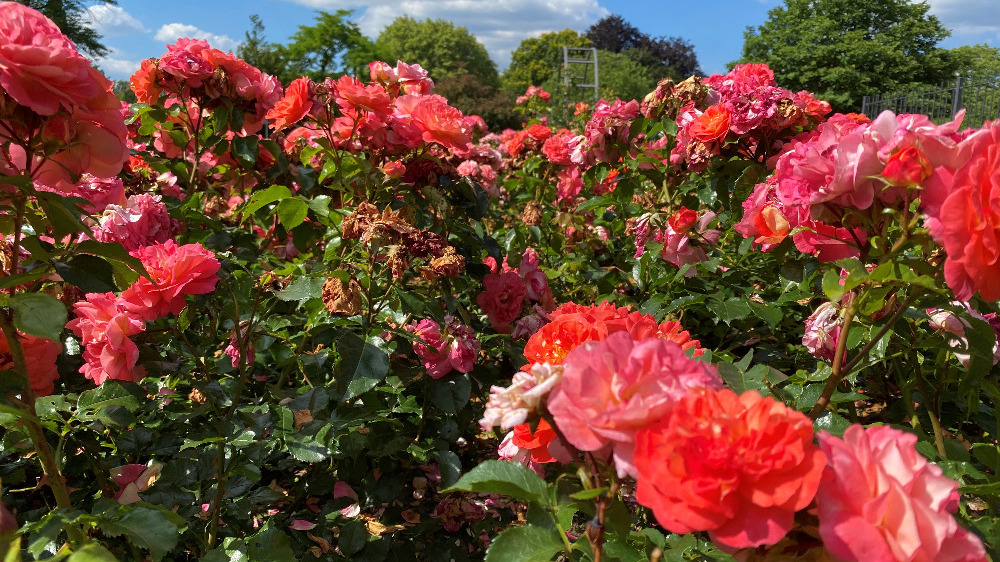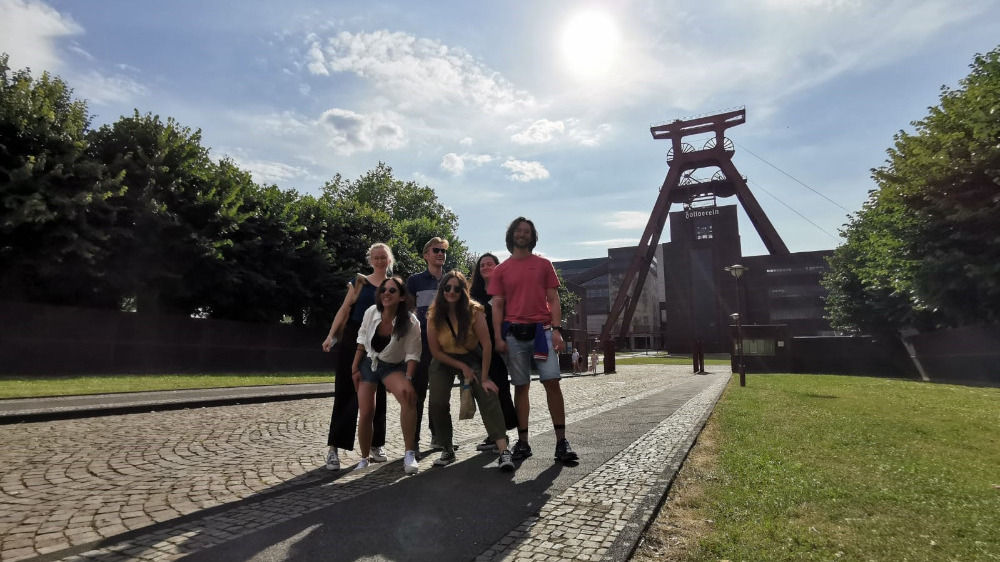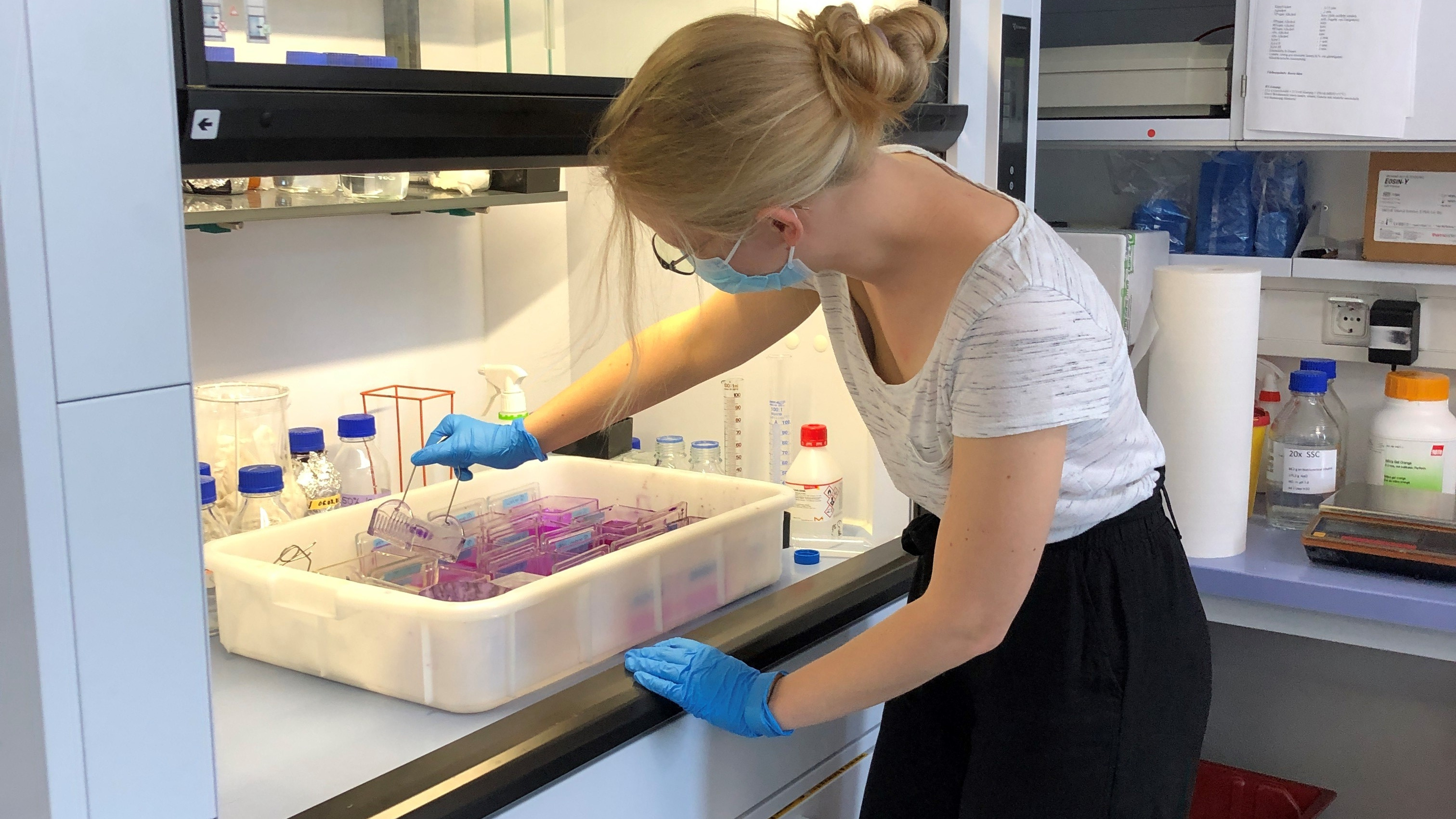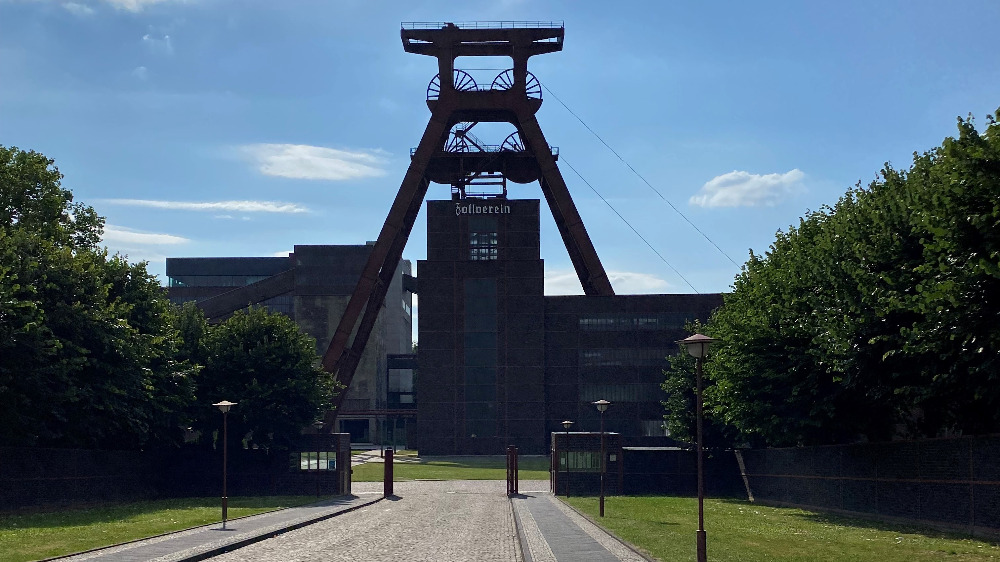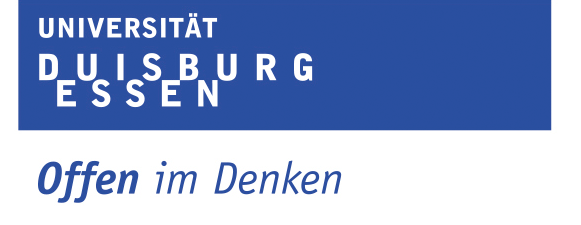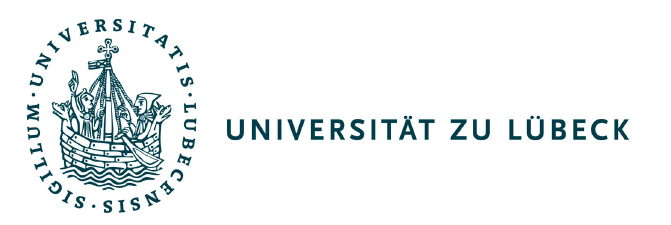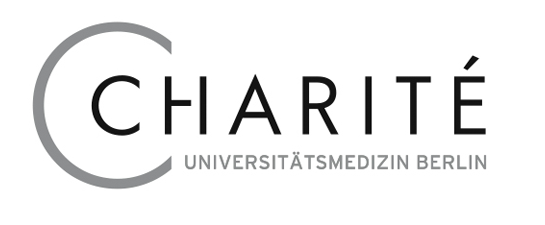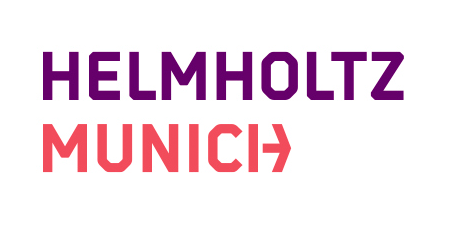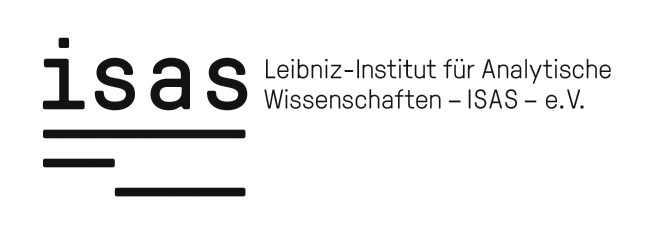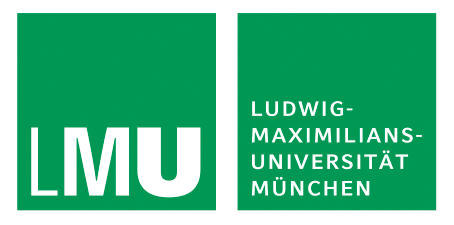What we do
Lectures
We are fully aware that each PhD student starts with a different scientific background. In order to bring you all on the same level of knowledge, our curriculum starts with a mandatory lecture series that introduce you to all LOCOTACT-relevant topics.
The lectures have taken place as interactive seminars via Zoom between January and July 2021. They have been recorded so that everyone who joins our consortium at a later time point can easily catch up in order to aquire a basic knowledge in thyroid hormone (TH) physiology and signaling as well aspects of cardiovascular, brain and liver research.
See here our lecture plan to get a deeper insight into the topics. Please feel free to contact the respective lecturer if you have any questions.
Locotact iRTG - Lectures
Schedule
| Date | Topic | Lecturer (PI) |
|---|---|---|
| 15.01.21 | Regulation of thyroid function | Möller |
| 22.01.21 | Tancycytes within the endocrine axes | Müller-Fielitz |
| 05.02.21 | TH receptor signalling - canonical | Mittag |
| 12.02.21 | TH receptor signalling - noncanonical | Möller |
| 19.02.21 | TH transporters - biochemistry | Zwanziger |
| 26.02.21 | Phenotype of TH transporter deficient mice | Heuer |
| 05.03.21 | Allan-Herndon-Dudley Syndrome (AHDS) | Heuer |
| 12.03.21 | Novel concepts for the treatment of AHDS | Müller |
| 19.03.21 | How to determine TH concentrations | Köhrle |
| 26.03.21 | Relevance and action of TH metabolites | Köhrle |
| 16.04.21 | TH deiodinases - biochemistry | Schomburg |
| 29.04.21 | Phenotype of deiodinase deficient mice (4 pm) | Wirth |
| 30.04.21 | Clinical aspects of TH action in the human organism | Führer |
| 07.05.21 | Patients ́ derived iPSCs modelling human diseases | Kühnen |
| 21.05.21 | Epigenetic mechanisms regulating TH signaling | Kirchner |
| 28.05.21 | Circadian mechanisms | Oster |
| LOCOTACT RETREAT: 03.-05.06.21 | ||
| 11.06.21 | Ischaemic brain injury | Langhauser |
| 02.07.21 | Acute and chronic liver failures | Lange |
| 09.07.21 | Research Data Management & Open Science | Rehwald |
| Experimental myocardial infarct & heart failure models | Lorenz |
Seminars
These monthly seminars take place via Zoom and are divided into two parts:
Journal Club: One recently published paper is presented by one of our iRTG fellows. This will not only help you to be ‘up to date’ with current literature about your research field but you will also learn to critically review publications and transfer this critical thinking to your own projects.
Progress Report: Two iRTG fellows will provide progress reports about their doctoral thesis including an introduction into the topic and methodology. Like this, you can train your presentation skills, receive feedback to your project and exchange information between LOCOTACT researchers at different locotations and in different projects.
iRTG CRC/TR 296 Scientific Seminar: Journal Club and Progress Report
Schedule Scientific Seminar 08/2021 - 07/2022
Schedule Scientific Seminar 08/2022 - 07/2023
Schedule Scientific Seminar 08/2023 - 07/2024
| Date | Journal Club or Postdoc Update | Progress Report I | Progress Report II | Chairs |
|---|---|---|---|---|
| 13.12.24 | Anna Molenaar | Stefanie Dörr | Adriana Arrulo Pereira | Lisa Ständer & Nina Härting |
| 17.01.2025 | Nina Härting | Ahlem Guizani | Yara Machlah | Yingfu Chen & Christoph Hoppe |
Workshops
The iRTG closely collaborates with the local graduate schools at the different CRC locations to offer the maximal variety and flexibility of workshops and soft-skill courses. As many courses are currently conducted digitally, it is in most cases also possible to attend courses at other CRC locations.
All iRTG members who work in projects conducting experiments with lab animals, will have the possibility to obtain a FELASA B certificate in a combined theoretical and practical workshop. Please contact the iRTG coordination if you need further information:
Report - Technology Workshops in June 2022
Moreover, we also organize customized closed workshops. For example:
- GraphPad Prism Statistics Workshop
- Basic German Course
- Scientific Writing Workshop
- Editing, Processing and Analysis of Scientific Images
- Time- and Project-Management for PhD Candidates
- Clarity in Scientific Writing for Clinician Scientists & PostDocs
- Advanced Image Analysis and Macro Scripting
Outings
Working in a CRC/TR means that our iRTG members are spreaded over the whole country. Nevertheless, it is important to be part of a team of fellows who go through the same phases of a doctoral project as you do.
"What is the recipe for successful achievement? To my mind there are just four essential ingredients: Choose a career you love, give it the best there is in you, seize your opportunities, and be a member of the team." – Benjamin Franklin
Therefore, we meet as often as possible with the whole group to strengthen the group dynamics, to exchange ideas and challenges and to have some fun time!
For example, in November 2021 we met in person for a Scientific Writing Workshop. In the evening, we had the nice opportunity to visit Münster's Christmas Market and enjoyed some tasty Glühwein. And in 2022 all iRTG fellows could explore Münster during a City Game just before the start of our annual retreat.
How to apply
Interested in joining our iRTG? Open positions are listed here. Necessary documents for application are:
- CRC/TR 296 application form
- Curriculum Vitae (CV)
- Degrees certificates
1. Please send application form, CV and degree certificates via E-Mail as a single pdf-file to:
2. Please download the
and send it to your two references; please kindly ask them to e-mail the form directly to

